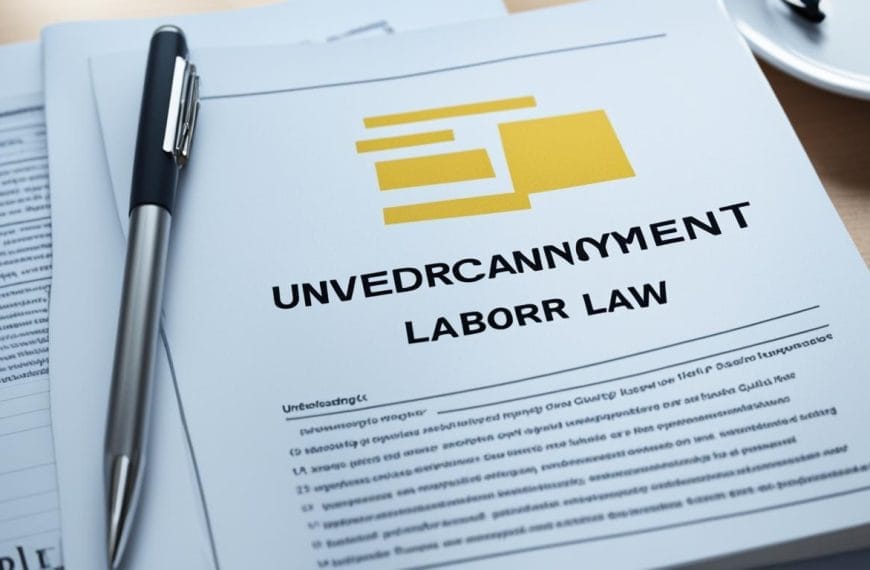This comprehensive guide provides an overview of federal overtime pay rules and regulations, helping businesses understand their obligations and ensure compliance with the Fair Labor Standards Act (FLSA).
Coverage and Applicability of Overtime Pay
The FLSA covers most employers and employees in the United States, including businesses with annual sales of at least $500,000, those involved in interstate business activities, and domestic service workers.
Identifying Non-Exempt Employees
Non-exempt employees are entitled to overtime pay, while exempt employees typically hold professional, executive, or administrative positions. Employee classification is crucial, as it determines eligibility for overtime.
Current Federal Overtime Rules
Significant changes were made to the FLSA’s overtime rules in 2020, primarily focusing on salary thresholds. Currently, employees must earn at least $684 per week to be exempt from overtime pay requirements.
Obligations and Penalties for Overtime Pay
Employers must pay applicable overtime premiums to non-exempt employees for hours exceeding 40 in a workweek, regardless of authorization. Failure to comply can result in back wages, fines, lawsuits, and reputational damage.
Consequences for Non-Payment of Overtime
The consequences for non-payment of overtime can be severe, including back wages, fines, legal fees, potential lawsuits, and reputational damage.
Employees Refusing Overtime
While employees have the right to refuse overtime, employers can implement policies prohibiting unauthorized overtime. However, employees may have additional protections or restrictions under state and local laws.
Future Changes and Considerations
Employers should stay informed about potential future changes to overtime regulations, which may include transitioning exempt employees to non-exempt status, increasing salaries, and implementing cost control measures.
Conclusion
Understanding and complying with federal overtime pay rules is essential for businesses. By familiarizing themselves with the FLSA and its provisions, employers can ensure compliance, avoid penalties, uphold employee rights, and maintain a fair and legal work environment.
Disclaimer: This guide is for informational purposes only and does not constitute legal advice. Please consult with an attorney or qualified professional for specific legal guidance.













